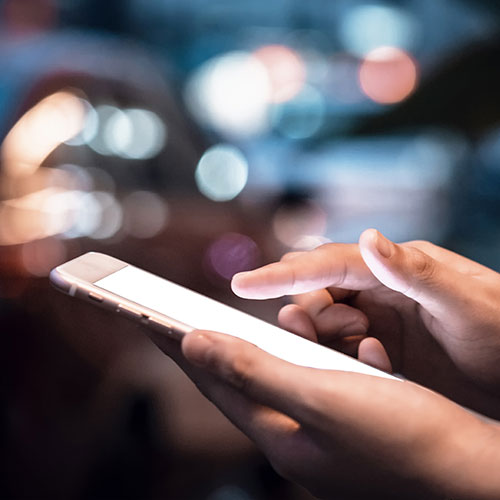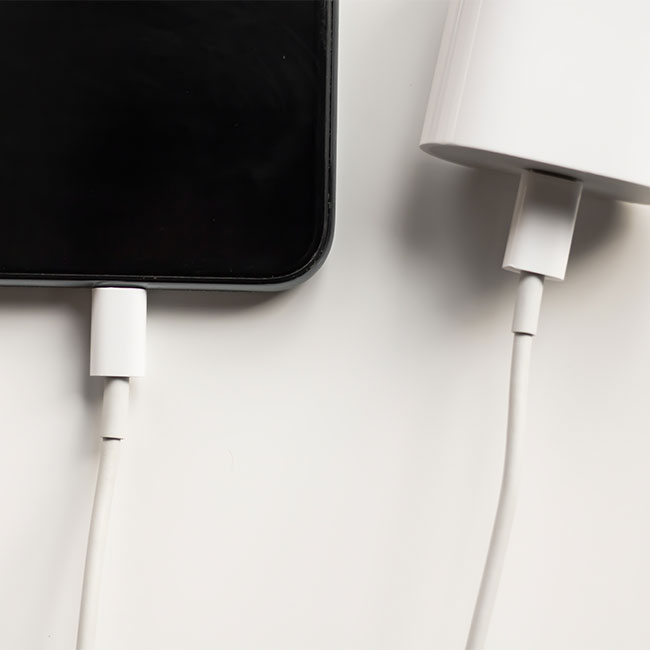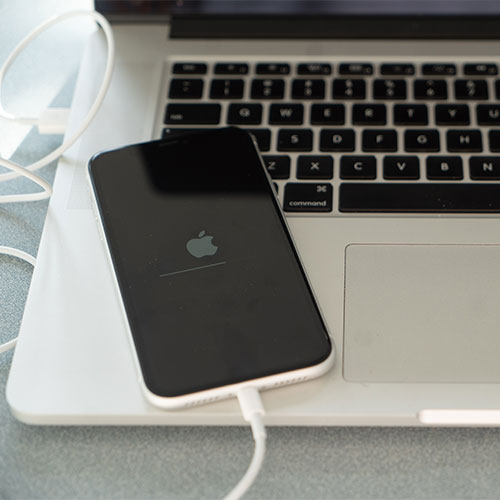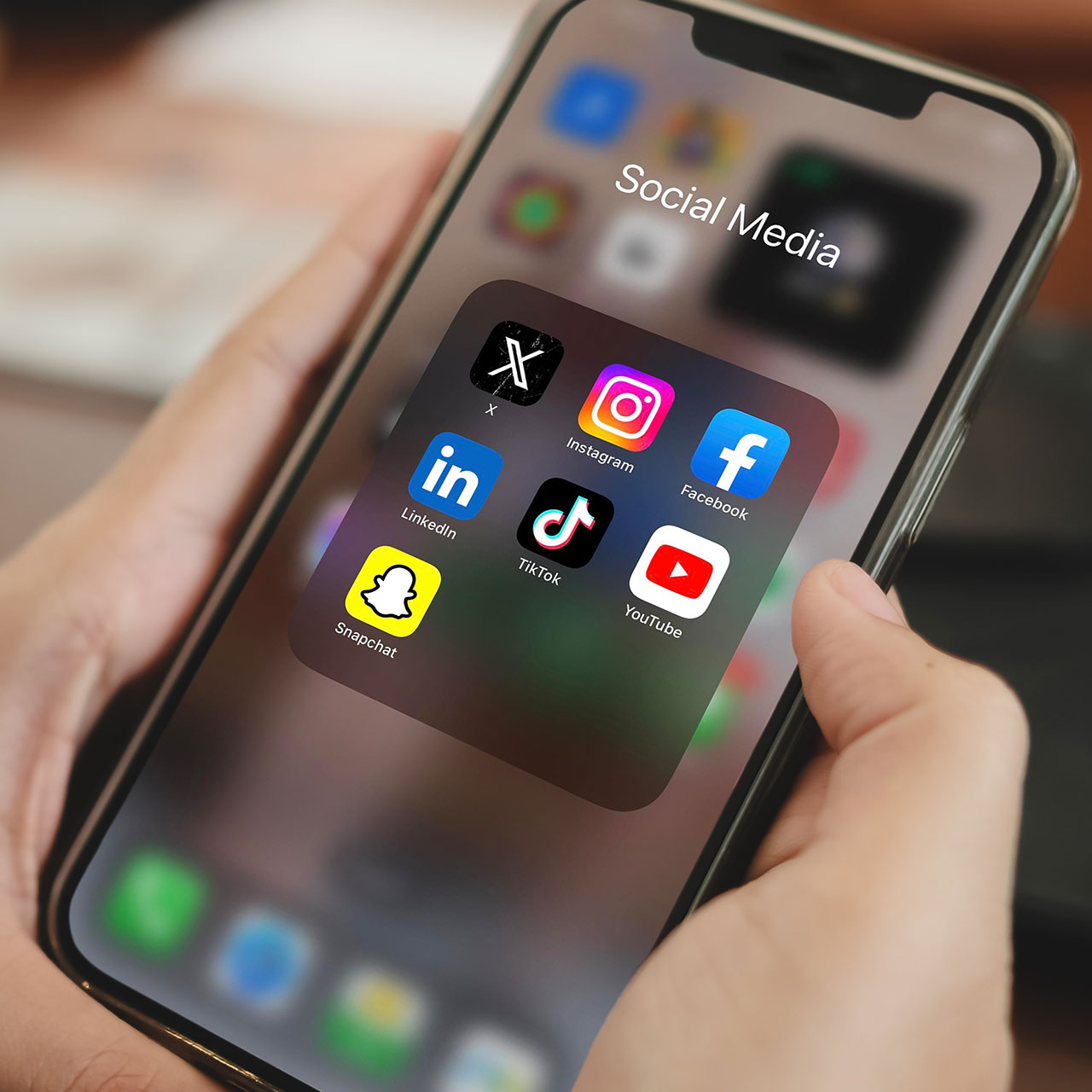This is an archived article and the information in the story may be outdated. Please check the time stamp on the story to see when it was updated last.
It’s one of the most frightening thoughts when you own a smartphone: what would happen if a hacker attacked your device and gained access to all of your private data? Hacks do happen, but one way to avoid them is to better understand how they are most likely to occur. Some hacks can be avoided — Tech Expert Lucas Travis, the founder of Inboardskate.com, spoke to SHEFinds.com about the five scary ways hackers can gain access to your iPhone. Keep these in mind, make changes where you can, and you will be less prone to an attack.


Malware Attacks
Keep your security software updated at all times. “When your iPhone or any application on your iPhone is attacked by viruses, these might deliver software that can capture private data, passwords, and keystrokes that you input while using your device,” Travis says. “You have to keep your software updated regularly, or run robust malware detection to protect your iPhone.”

Mobile number input
“Mobile numbers and other personal details are often required for social media logins, for instance,” Travis says. “Many thought that this is better because it is more convenient and easy to remember than emails for login. However, when you forget your password, some social media websites can provide an access to your account and hackers divert the private data from your device to their system using an SS7 (Signalling System number 7). Thus, logging in via a username or your email is still most recommended.”

Buffer Overflows
“A buffer is a temporary storage area wherein some program may try to keep in some data, and when it keeps more data than it should, there might occur a programming error, and this error might develop into a security attack,” Travis says. “This often happens on PCs, but studies have proven that buffer overflows can be seen on mobile devices, too.”
Synchronized data
“If you keep all your private data in one internal storage, there is a higher tendency that hackers can attack your cloud server and gain access to your passwords,” Travis says. “This is why keeping an offline backup of your data like a hard drive or flash drive, rather than keeping it in one place on your phone, is much recommended.”

Weak passwords
Travis calls weak passwords the most common way hackers can gain access to your account. “Simple passwords such as mobile numbers and birthdays, those with all in lowercase form, and that eight-character password can easily be hacked in a minute,” Travis says. “It is highly suggested that you use at least a 20-character, unique password for every account, and have special characters on it to make it stronger.”
The idea of being hacked is frightening, but, as Travis explains, protecting your device is not entirely out of your control.


























